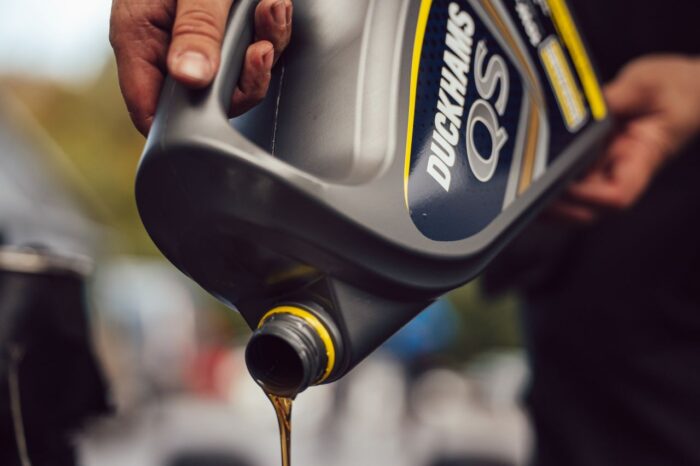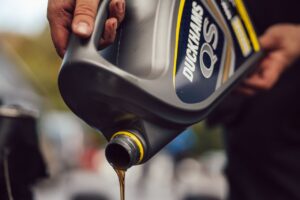SCOTLAND’S HEN FARMERS LIVE IN FEAR OF AVIAN FLU

A couple with 20,000 free-range hens have spoken about the efforts they are making to follow restrictions introduced to help fight bird flu.
Jim and Anne Smillie run Corrie Mains Farm at Mauchline in East Ayrshire – which borders Dumfries and Galloway where outbreaks have been recorded.
Their birds have had to be shut away and are not allowed out on their paddock due to restrictions.
Mr Smillie said the impact if his birds caught avian flu would be huge. He explained: “It’s total devastation for us as a business, we couldn’t produce eggs anymore.
“If one flock gets it the other five flocks that we have will have to be culled.
“We could be out of business for six or seven months before we could restock.”
They said another worry was that smaller “back yard” flocks also had the potential to shut them down if they were within a three kilometres (two mile) restriction zone.
“I think people with back yard flocks think they’re exempt from restrictions but you don’t even need to be on the poultry register,” Mrs Smillie said.
“Three hens is enough to get them shut in. They are as much a threat to a huge poultry industry.
“We are small in the commercial world but a flock of three birds has the power to take down half the Scottish industry.”
Avian flu prevention measures – including the requirement to keep birds indoors – were introduced across Great Britain on 29 November.
Robert Thompson, who chairs NFU Scotland’s poultry working group, paid tribute to the efforts being made to fight the disease.
“Corrie Mains Farm operate at the highest level of biosecurity and should be looked upon as the perfect example of how to operate to provide the highest standards,” he said.
“Avian flu is one of the biggest issues our industry has had to face and operating such stringent controls is the first line of keeping the disease out”.
Meanwhile, RSPB Scotland has warned that outbreaks of bird flu could get “even more severe” as winter progresses.
It comes after Scotland’s chief veterinary officer, Duncan Orr-Ewing, head of species and land management at RSPB Scotland, said 4,000 barnacle geese on the Solway Coast had already died.
He said that while there were some “grounds for optimism” further outbreaks were likely in the future.
Protection zones are still in place around three affected premises in Dumfries and Galloway – at Newton Wamphray, Kirtlebridge and Kirkpatrick Fleming.
A flock of 22,000 hens was culled at the last of those sites.








